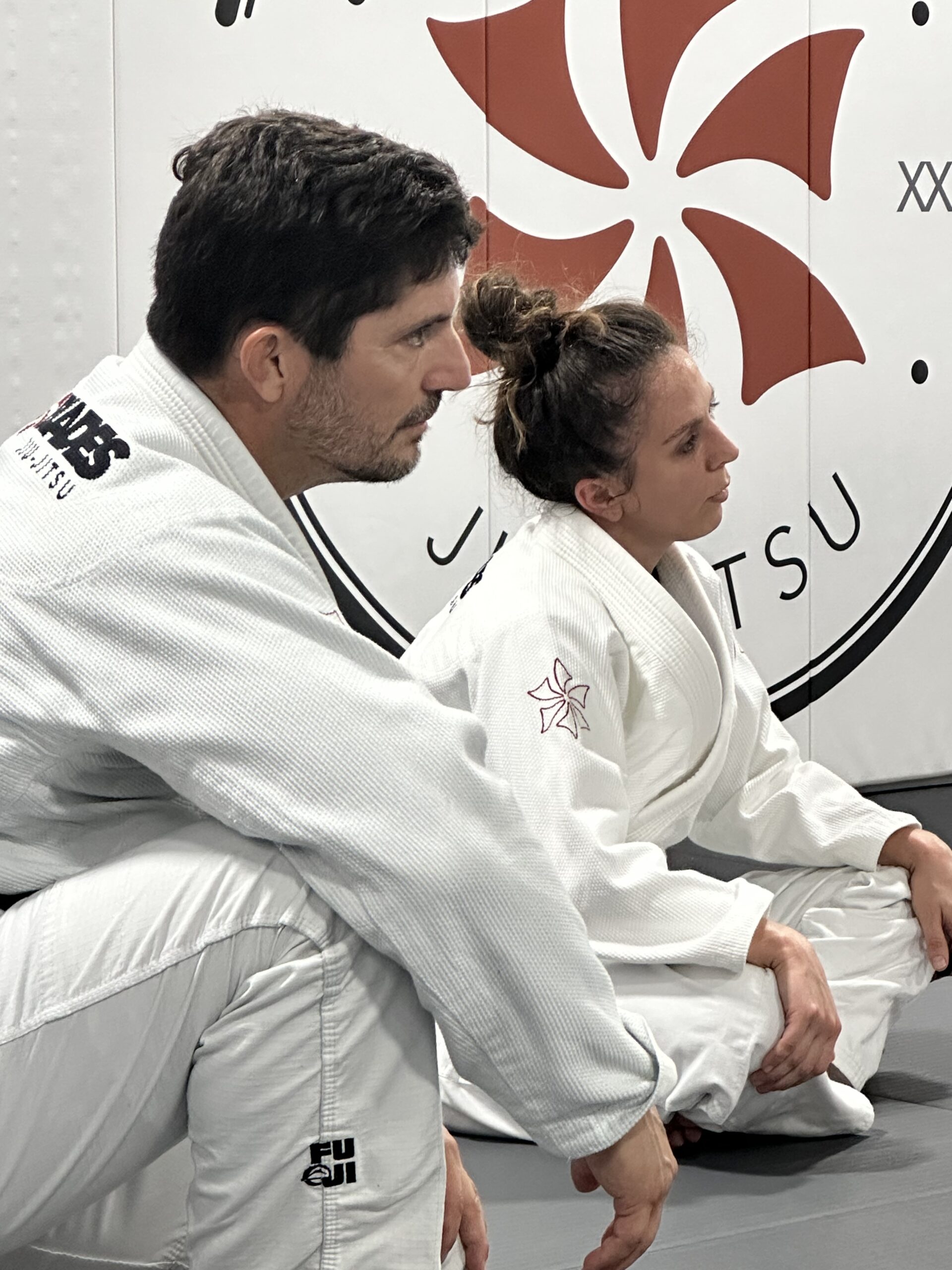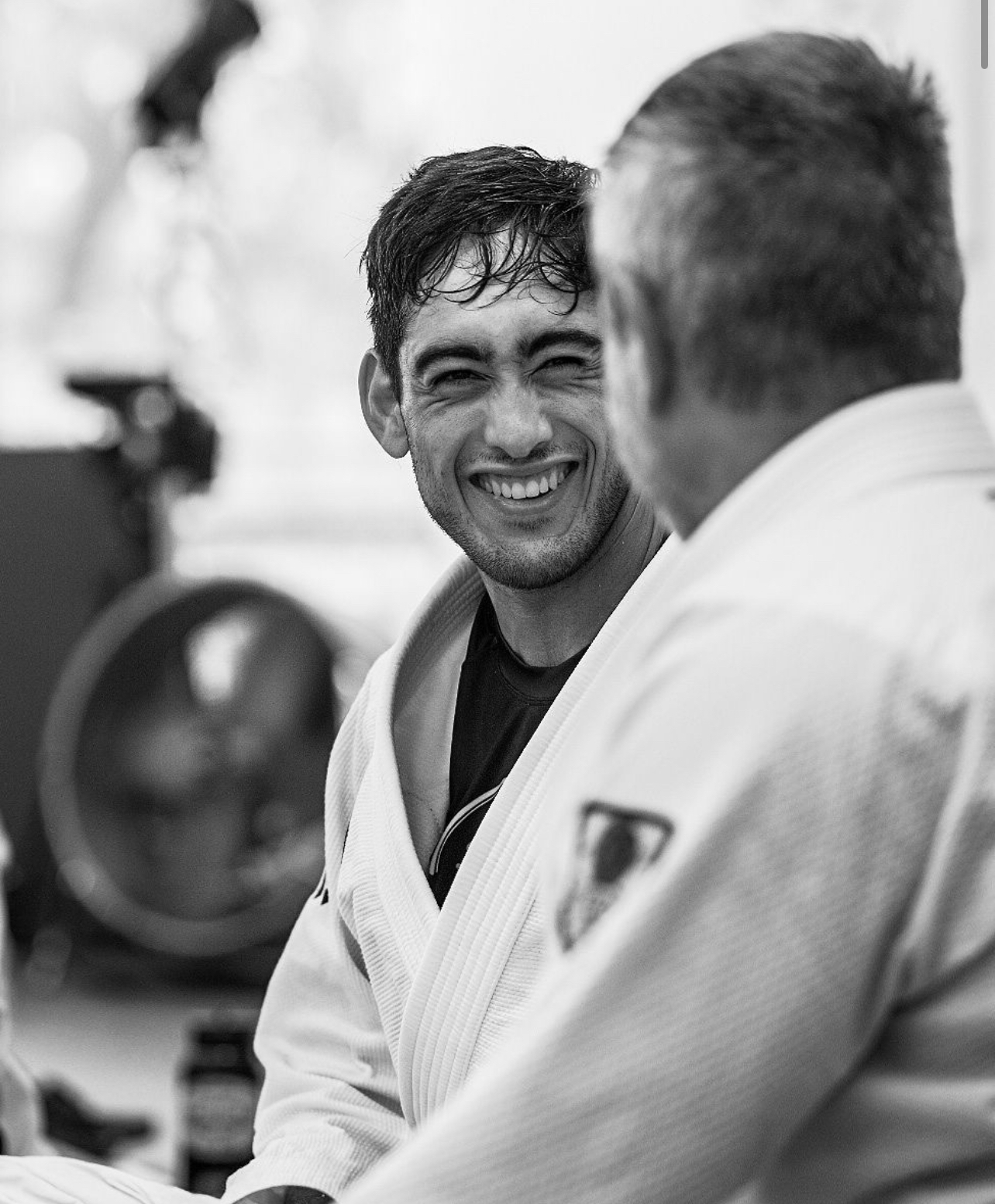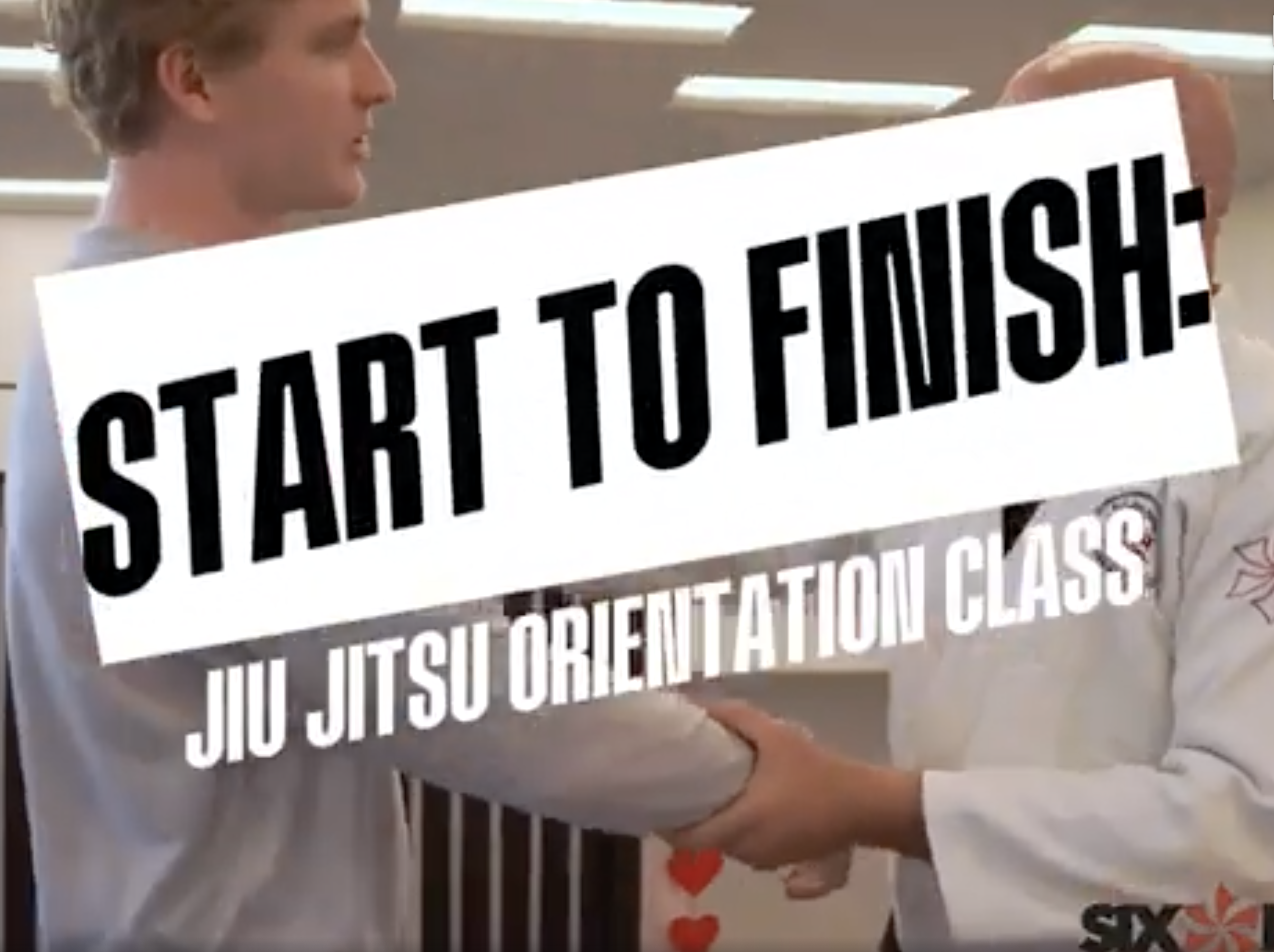We’ve all done it—put off a task, delayed a decision, or waited until the last minute to take action. At first, procrastination can feel harmless, even normal. But over time, the habit of delaying important tasks and decisions can quietly shape the direction of our lives in ways we may not realize until much later.
The Silent Impact of Procrastination
Procrastination is more than just poor time management. It often stems from deeper feelings—fear of failure, perfectionism, or even uncertainty about what steps to take next. While it may provide temporary relief, it rarely solves the problem. Instead, it adds pressure, reduces the quality of our work, and increases stress.
In school, procrastination can lead to missed deadlines, rushed assignments, and lower grades. But the effects aren’t limited to academics. It can also interfere with our health (by delaying doctor visits or fitness goals), relationships (by avoiding difficult conversations), and personal growth (by not pursuing goals or opportunities).
Decision Fatigue and Avoidance
One of the most overlooked consequences of chronic procrastination is how it weakens our decision-making over time. When we constantly avoid making choices—big or small—we train ourselves to stay stuck. Over months or years, this can snowball into missed opportunities: not applying for that scholarship, not reaching out for help, not trying out for the team, or not starting that business idea.
Long-term indecision creates a life lived by default, not by design.
How Jiu-Jitsu Builds Confidence and Breaks the Cycle
One powerful way to overcome procrastination and decision fatigue is through consistent practice of something that challenges both the body and the mind—like Jiu-Jitsu.
In Jiu-Jitsu, you can’t avoid action. Every roll, every drill, every class is a decision to engage, problem-solve, and grow. You’re constantly making choices under pressure—when to move, when to hold position, when to take a risk. Over time, this builds mental resilience and teaches you to trust your instincts.
Here’s how Jiu-Jitsu helps:
-
Routine and Structure: Showing up to class regularly builds discipline and healthy habits that carry over into school and life.
-
Problem Solving Under Pressure: Rolling teaches quick decision-making and adapting to the unexpected—skills that reduce hesitation off the mat, too.
-
Goal Setting: Whether it’s earning a stripe or preparing for a competition, Jiu-Jitsu encourages students to set goals and take consistent action toward them.
-
Accountability and Community: Being part of a team reminds you that others are on the journey with you. You’re not alone—and that support can be motivating.
Jiu-Jitsu trains the mind as much as the body. It gives students a safe place to fail, learn, and try again—an antidote to the fear that often fuels procrastination.
Reclaiming Control
The good news is that decision-making is a skill—and like any skill, it can be strengthened. In addition to the growth that comes through Jiu-Jitsu, you can take these simple steps:
-
Break it down
-
Set deadlines
-
Make peace with imperfection
-
Practice small daily decisions
-
Seek support
Final Thoughts and a Call to Action
Procrastination may feel like a short-term escape, but its long-term consequences can quietly build up over time. Every choice we delay is a small decision deferred—and over the years, these add up. The good news? You don’t need to make perfect choices, just intentional ones.
If you or your child is looking for a powerful way to build focus, discipline, and decision-making skills that will last a lifetime—start with one small step: join us on the mat.
✅ Come try a free Jiu-Jitsu class.
✅ Surround yourself with positive mentors and a team that believes in your potential.
✅ Choose progress today—your future self will thank you.
Let’s move forward together. Oss! 👊
📍 7444 S university Blv
Littleton, CO, 80122
📞 (720)441-4408












